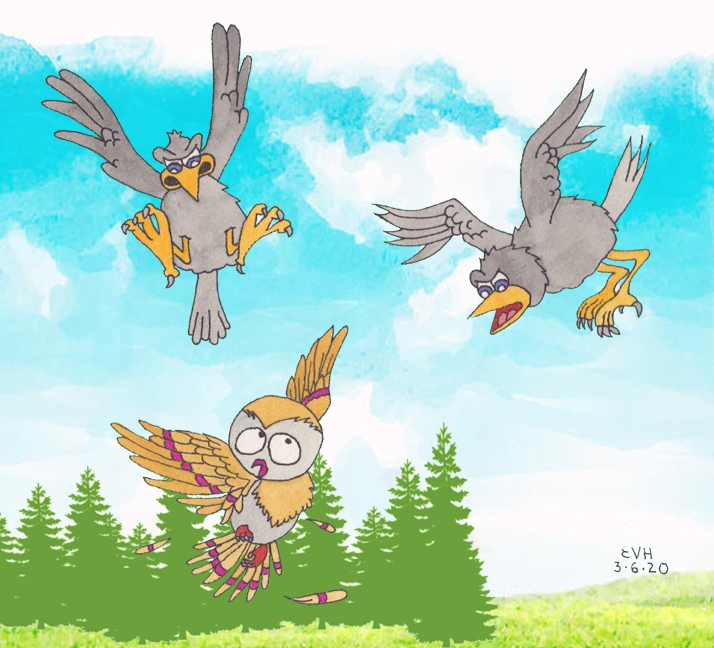
Jataka 226
Kosiya Jātaka
Kosiya’s Story
as told by Eric Van Horn
originally translated by William Henry Denham Rouse, Cambridge University
originally edited by Professor Edward Byles Cowell, Cambridge University
While the military nature of this story does not sound like something the Buddha would do, there is a broader theme of timeliness that is part of the Buddha’s teaching. This is especially true in the matter of speech. The Buddha taught – first and foremost – the importance of speaking the truth. But he also taught that there is a proper time in which to speak. So even if something is true, if it is “unwelcome and disagreeable to others,” it is not the time to say it:
“Such speech as the Tathāgata knows to be true, correct, and beneficial, but which is unwelcome and disagreeable to others: the Tathāgata knows the time to use such speech.” – [MN 58]
In other words, there is a time and a place for everything, and part of wisdom is knowing when that is.
The name of this story comes from Jātaka 130, The Story of Kosiya. It has the same theme.
“There is a time.” The Master told this story while he was at Jetavana. It is about the King of Kosala (King Pasenadi). This King started out to subdue a border uprising at a bad season of the year. The circumstances have been described already (Jātaka 176). Just as before, the Master told the King this story from the past.
(Jātaka 176 is the Kalāya-muṭṭhi Jātaka: A Handful of Peas. The Buddha advises King Pasenadi not to undertake a military mission because it is a bad time of the year, presumably monsoon season. It is – of course – curious that the Buddha would give advice on the best time for a military mission, so the story does not ring true.)
Once upon a time, the King of Benares started out for the field of battle at an unseasonable time of the year. He set up a camp in his park. At that time an owl entered a thicket of bamboos and hid there. Following was a flock of crows. “We will catch him,” they said, “as soon as he comes out.” And so they surrounded the thicket.
The owl came out before he should have. He did not wait until the sun set. He tried to make his escape. The crows attacked him. They pecked at him with their beaks until he fell to the ground. The King asked the Bodhisatta, “Tell me, wise sir, why are the crows attacking this owl?” The Bodhisatta answered, “Those who leave their sanctuary before the proper time, great King, fall into just such misery as this. Therefore one should not leave one’s sanctuary before the right time.” And to make the matter clear, he uttered this pair of verses:
“There is a time for everything, who forth from home will go
One man or many, out of time, will surely meet some woe.
As did the owl - unlucky fowl! - pecked dead by many a crow.
“Who masters quite each rule and rite, who others’ weakness knows,
Like wise owls, he will happy be, and conquer all his foes.”
When the King heard this, he turned back home again.

Figure: “There is a time for everything”
This discourse ended, the Master identified the birth: “Ānanda was the King, and I was the wise courtier.”
